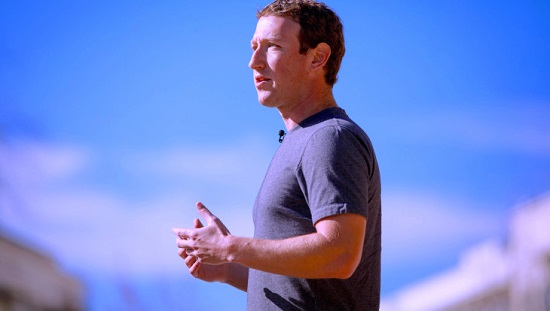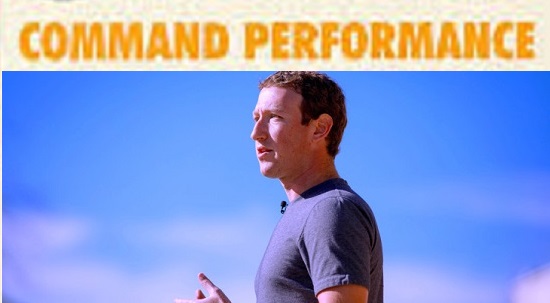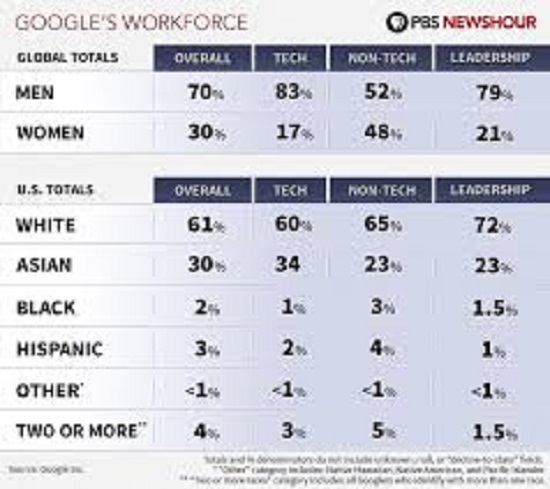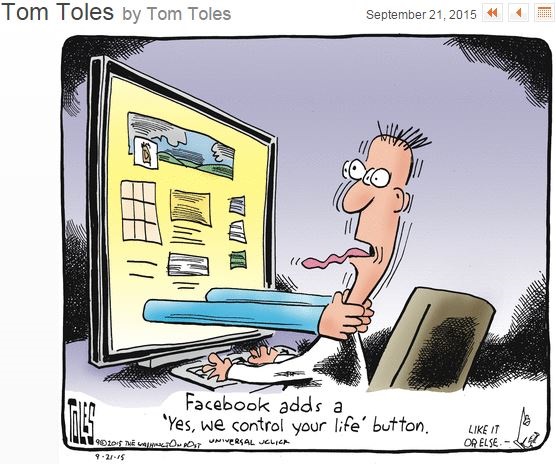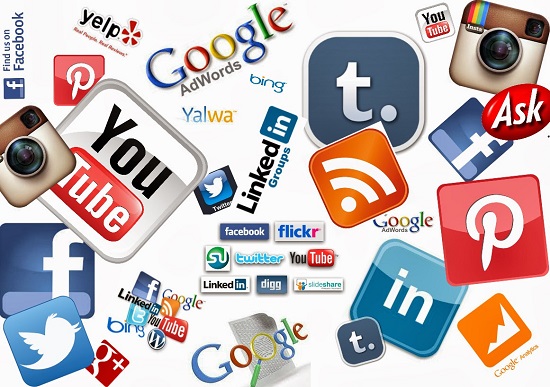
Why are we at Technology Bloopers going back centuries to use Greek and Latin to admonish Millennials to be careful how they use social networks? Just as physicians swear that they will “First do no harm”, the likes of Facebook, YouTube, Twitter, LinkedIn, Instagram, and Reddit are so powerful that they should also have such an oath … or risk legislation to prevent their doing harm. There are numerous examples of the harm they have already done. Most recently, the fake news posted by malevolent individuals and organizations had some impact on the U.S. presidential race, possibly to the extent that Hillary Clinton was unfairly defeated by Donald Trump. The importance of some of the harm being done is likely to result in legislation to limit their behavior, so these giant companies should police themselves before the government does so.
People are social animals, so the social networks can provide a ton of experiences that they crave. People like fatty foods and sugary drinks, but over-indulging can make them obese due to their lack of nourishing foods and drink. The same goes for social networks, which can distract them with amusing but mindless fare but deprive them of the solid information and communication they need to be productive. The web already provides effective ways to communicate with your friends, business associates, and other people organizations. Information is used to inform, educate, and entertain, but it appears that social networks overdo the entertain role and short the inform and educate roles.
All of the above goes double (or more) for teenagers, who usually have a lot of time and highly value being popular. Additionally, they haven’t yet developed a full set of values that allows them to distinguish good from bad, and avoid the bad. They might profit from a couple of pieces of homespun advice. Remember that much “Web Wisdom” is worth only what you pay for it. And “Believe nothing that you hear and only half of what you see”.


